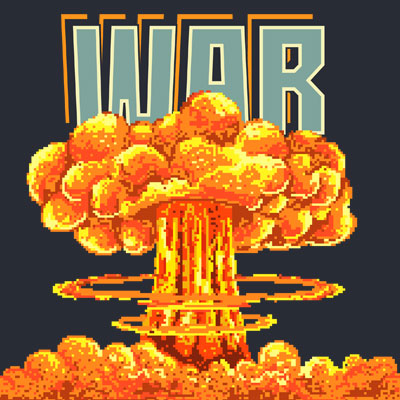
That perspective has been thrown into doubt in the Ukraine War, with President Putin inferring that Russia would be prepared to use nuclear weapons if NATO was to interfere excessively. No one will be foolish enough to use them first. Thus, nuclear weapons are horrendously dangerous and we would be better off without them, but in a nuclear-armed world they ensure stability because of the risk of mutually assured destruction. Support for nuclear weapons is frequently conditional rather than absolute.

In the context of the conflict in Ukraine, Putin’s threat should not be considered absurd and instead it is a powerful reason for seeking a negotiated settlement to the conflict. This contrasts with the common view in the public mind that small-scale use of nuclear weapons is not a part of war-planning. That policy is not widely understood, yet was and remains a part of US and NATO nuclear strategy, including Britain whether as a NATO member or acting alone.

Putin’s threat to use nuclear weapons if losing the war in Ukraine parallels NATO’s policy of “flexible response” that dates back to 1968, which similarly included a willingness to use nuclear weapons if losing a conventional war.


 0 kommentar(er)
0 kommentar(er)
